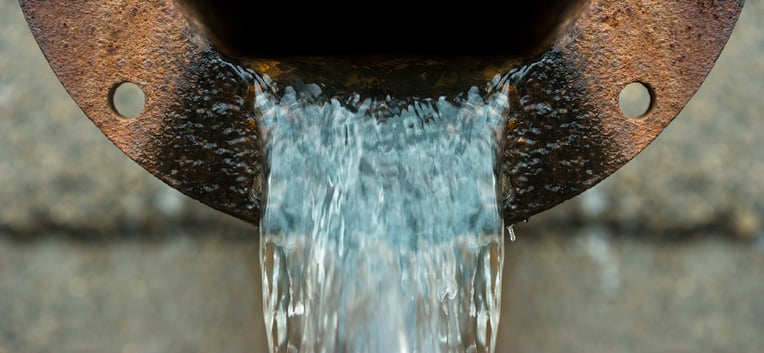The Growing Importance of Wastewater Surveillance | ApolloLIMS
 Wastewater surveillance is becoming an increasingly important component of human health monitoring. In 1854, wastewater testing in London revealed the source of the city’s cholera outbreak. Nearly a century later, scientists used wastewater as part of the detection and eradication strategy against polio. Over time, pathogen testing of wastewater has expanded from a handful of analytes to a complete compendium of chemistries, microbiology, and most recently, virology. The advent of PCR testing in the 1990s brought about huge strides in wastewater testing capabilities, which served as the foundation for the 2012 National Strategy for Biosurveillance.
Wastewater surveillance is becoming an increasingly important component of human health monitoring. In 1854, wastewater testing in London revealed the source of the city’s cholera outbreak. Nearly a century later, scientists used wastewater as part of the detection and eradication strategy against polio. Over time, pathogen testing of wastewater has expanded from a handful of analytes to a complete compendium of chemistries, microbiology, and most recently, virology. The advent of PCR testing in the 1990s brought about huge strides in wastewater testing capabilities, which served as the foundation for the 2012 National Strategy for Biosurveillance.
Since COVID-19 took the center stage not even three years ago, the use of biosurveillance to more accurately quantify and predict infection rates has expanded. Biosurveillance is perhaps the best and only tool epidemiologists have to assess infection rates, especially for diseases like COVID-19, where large numbers of asymptomatic infections go undiagnosed and now, even more go unreported since the advent of at-home COVID-19 testing.
“Wastewater surveillance is a clever and novel way of getting valuable information about what’s coming,” said Joseph Masci, MD, NYC Health + Hospitals Chair of Global Health Institute in a recent article. “Wastewater data can give clinicians a 10 to 14-day head start on what we see in clinical settings, and that can make a huge difference in prevention and treatment.”
The expansion of biosurveillance comes at a critical time with the first confirmed case of polio in nearly a decade was recently confirmed in New York along with the growing concerns of the 2022 monkeypox outbreak across the country.
We expect this important public health sector to continue to grow as states and municipalities step up the use of biosurveillance in wastewater. Recent news of COVID-19 being found in stored samples of Spanish wastewater dating back to March 2019 is also likely to create more demand for retrospective water sample testing, which will help epidemiologists combat disease outbreaks in the future.
ApolloLIMS, a Clinisys Group Company, has extensive experience with water and environmental testing. ApolloLIMS is a comprehensive, configurable lab platform that helps you streamline your operations and more easily process and track specimens, capture and provide results, and manage your environmental testing data. Request more information here!
















